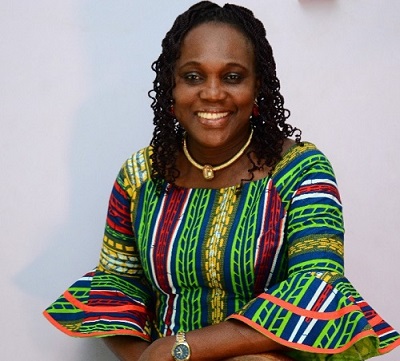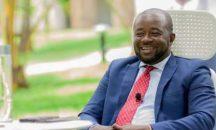‘Seek psychosocial counselling after breast cancer treatment’

Mrs Bernice Ofosuhene Peasah
Mrs Bernice Ofosuhene Peasah, Lincensed Counselling Psychologist at the Kwame Nkrumah University of Science and Technology (KNUST) Counselling Centre, Kumasi, in the Ashanti Region has advised women diagnosed with breast cancer and breast cancer survivors to seek psychosocial counselling after treatment.
Psychosocial counselling is a service provided by a skilled professional counsellor to an individual, family, or group for the purpose of improving their well-being, alleviating distress, and enhancing coping skills.
According to her, “even though counselling is voluntary, it enables patients and survivors of breast cancer to face the future and rebrand themselves but empowers survivors to develop and cope with everyday life as cancer patients”.
Mrs. Peasah who gave this advice in an interview with The Spectator stated that counselling session was a major session most patients took for granted yet it was beneficial to them.
“Both newly diagnosed patients and survivors need counselling. Specifically for new patients, pre-counselling is necessary before disclosure of positive results. And post counselling follows which involves managing the effect such as shock, fear and emotional distress” she explained.
Mrs Bernice Peasah, a Volunteer Counsellor of Breast Care International and Peace and Love Hospitals further explained that breast cancer survivors benefitted from continuous psychosocial counselling because they were likely to have been through and survived intense emotional and psychosocial disorientation.
She disclosed that some patients combined other substances and practices with their medication and such noncompliance delayed their recovery process.
“Some people also pay attention to what society says coupled with unfounded beliefs thrown out there through social media regarding breast cancer which add to their frustrations and these affect clients’ response to counselling” MrsPeasah added.
She said that fear and insecurity about death and the inability to be a total woman again after surgery and other superstitious beliefs, however, limited the positive effects of counselling.
“Counselling is highly recommended for survivors, and through counselling survivors are able to programme their mindsets regarding their condition to live more fulfilling lives full of hope and thankfulness” she emphasised.
She appealed to women to take advantage of the free health screening in this October for early detection of the disease.
By Linda Abrefi Wadie















